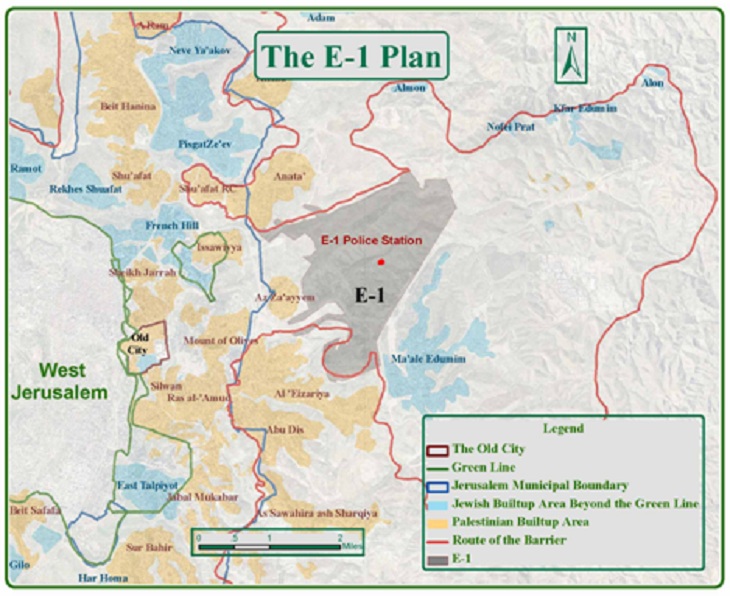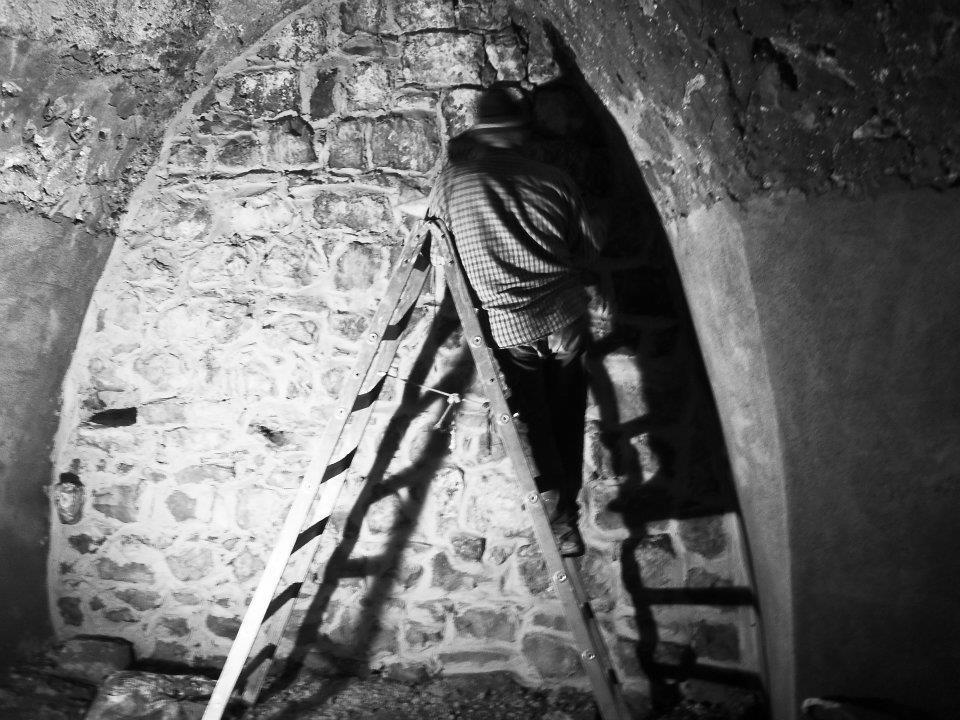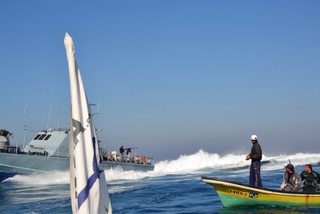Category: Press Releases
-
Join our campaign: Help stop the construction of a national park on Palestinian land in East Jerusalem!
12 January 2012 | Sheikh Jarrah Solidarity The planned national park, located adjacent to the E1 area, on the slopes of Mt. Scopus, would constitute an insurmountable obstacle to any possible future peace agreement involving Jerusalem. Most immediately, it would “choke off” a number of Palestinian neighborhoods in East Jerusalem, and deny residents access to…
-
Call for urgent financial support for youth center in Burin near Nablus
by Lydia 12 January 2012 | Burin: Land of Love and Resistance As some of you may know, I have spent the past half-year in and close to the village of Burin in the Nablus area. Those who have visited this beautiful village know that Burin is situated between two settlement. It is also surrounded…
-
Israeli navy attacks international observers, injures Palestinian, on monitoring boat in Gaza waters
28 December 2011 | Civil Peace Service Gaza At 10:55 am, an Israeli naval warship attacked the international observers and Palestinian captain of the Civil Peace Service Gaza (CPSGAZA) boat Oliva, injuring its captain in an apparent attempt to capsize it. “The Israeli navy passed near us and the fishermen, and started to go around…



